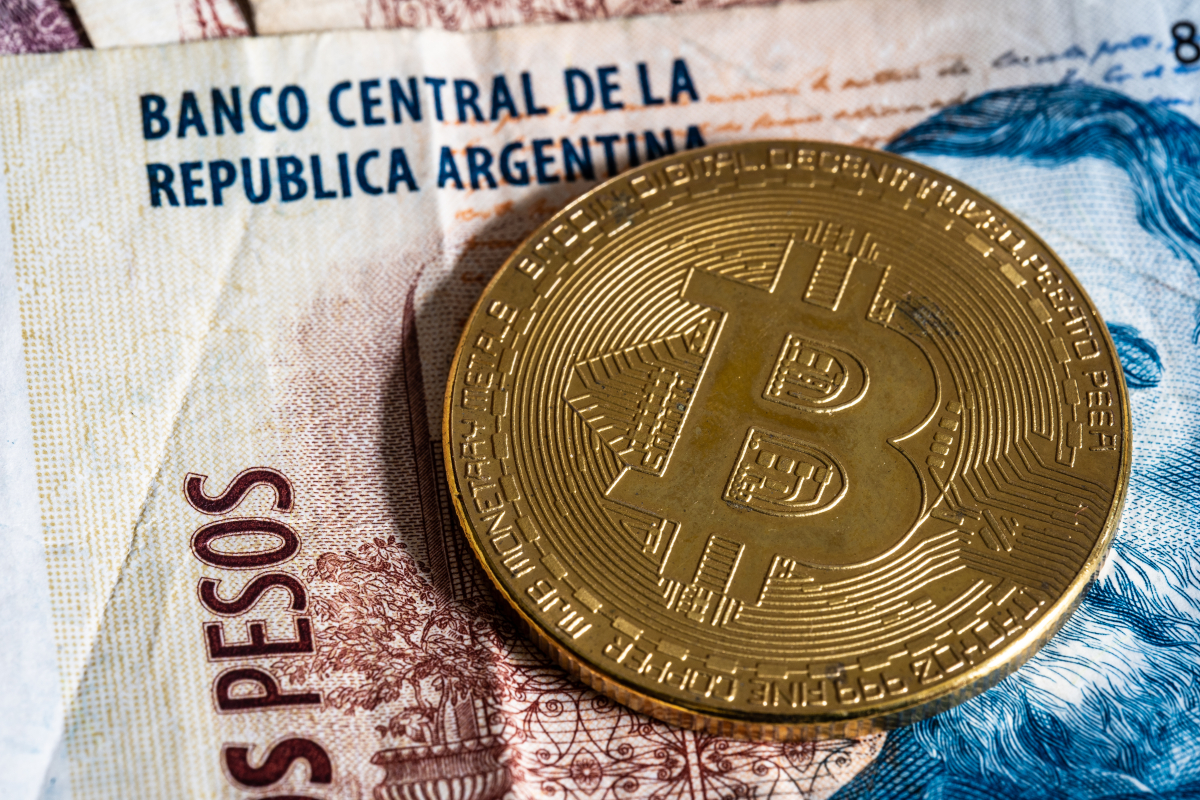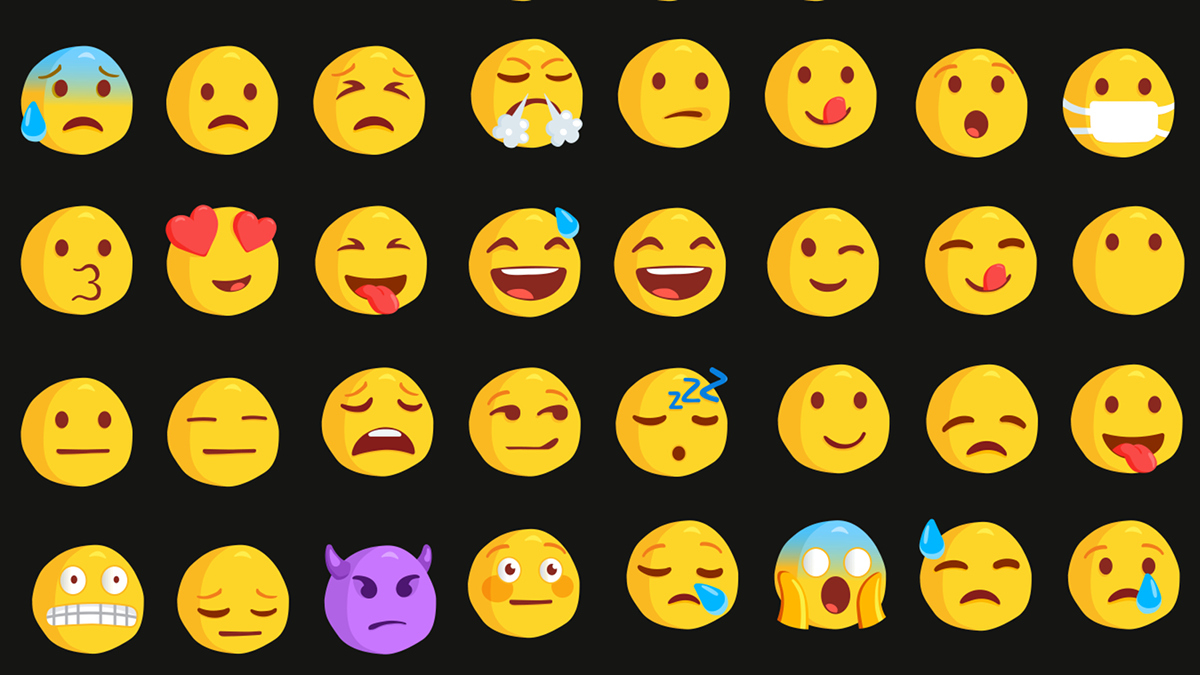Fear of the future because of the crisis flat rate – that doesn’t have to be the case
There is currently no shortage of reasons to be afraid of the future: Putin’s war in Ukraine threatens global security and is driving up prices for electricity, petrol and food around the world. The climate catastrophe can hardly be averted, as well as the pandemic and social divisions. But just because a lot is currently in a mess doesn’t mean the future automatically looks bleak.
A guest contribution by Kai Gondlach
Where does the fear of the future come from?
“Humanity is doomed” – according to an international study, 56 percent of the 10,000 respondents aged 16 to 25 agreed with this statement (sources: University of Bath, ZDF today).
But why are we afraid of the future? And why do so many people believe that so many other people are afraid of the future?
First: The self-fulfilling prophecy
There are numerous studies such as those by the University of Bath that claim this. Paradoxically, at least we in the West are better off than ever, for example thanks to state health, pension or old-age insurance. Simultaneously but the number of mentally ill people is also increasing steadily increasing – depression and burnout are just a few examples. My thesis: Fear of the future is real, but unnecessary. We’ll get to that later.
Second: The Drama filter
It has now been well researched how the flood of information in classic and so-called social media overwhelms the human brain. In summary, our brain has unfortunately not learned in the last 300,000 years to switch off the “drama filter” like the Gapminder Foundation names.
The brain has difficulty distinguishing between acutely life-threatening information and reports on the Internet or a crime thriller. And the mean thing is that it’s into all this terror. We are dopamine junkieswho are always hungry for new stimuli. This satisfies our brain like sugar or an orgasm. But in the long run it becomes ill if it can no longer rest.
Kai Gondlach studied sociology, politics/administrative science and future research. He is a freelance author, keynote speaker, podcast host and managing director of Leipziger PROFORE Gesellschaft für Zukunft mbH, a young institute for future research and strategy consulting. As a member of academic future research, he works in the environment of UNESCO and the Club of Rome on the implementation of important future topics.
Are we doomed?
The Bath study and others like it paint bleak pictures of our collective mental health. But I wanted to have a more precise picture and therefore have my own in the summer of 2022 opinion poll started. From the social sciences we know how crucial the survey design is for the quality of the results. So I asked quite frankly and in a qualitative way: What questions are people afraid of? And how let’s escape the fear of the future? In the process, I found amazing things.
- Very few respondents are actually anxious, and if they are, then almost exclusively in relation to society.
- Where the respondents have the greatest creative freedom, they are on average much more confident: the majority of the people who took part in my survey are somewhat or very confident about their private and professional situation. That’s a bit more optimistic.
- Finally, I asked questions about concrete proposals for change and lo and behold: Politics, society and business are equally in demand. Concrete proposals included, among other things, the introduction of a public welfare or circular economy, greater use of artificial intelligenceto compensate for human weaknesses, as well as an unconditional basic income.
The Metaverse is considered one of the greatest and most controversial ideas for the future. In the following video we explain what the Metaverse means for gaming:
How do we arrive at positive images of the future?
We live in a time that is characterized by technical innovations that are becoming ever more complex (e.g. AI systems or the blockchain). What we lack is a unifying vision of society or mission – even if it is only based on the lowest common denominator: to live peacefully on this planet.
From futurology we know the confirmed effect of positive images of the future. But when was the last time you saw beautiful pictures of the future in the news? I can not remember. It is not without reason that I chose the negative title of this post, because that attracts six times more attention as a positive headline.
Of course, we must also continue to talk about the climate crisis, frustration with democracy and the gap in prosperity. However, we do not generate the will to change through even more doomsday mood or populism, but through concrete and positive target images that offer us ways out of the crises of the time.
With some distance to negative headlines, the fear of the future is quickly brought into the picture. It doesn’t disappear, but it is put into perspective and one’s own creative will experiences a rebirth. A surprisingly simple trickso as not to go insane. If not for the good of all, then at least for yourself or your families and friends.
So let’s talk more about a good future again! What if inflation falls earlier than expected? What if we got the climate crisis under control after all? What if artificial intelligence brought more opportunities than risks?
I look to the future with confidence and I invite you to do the same.



